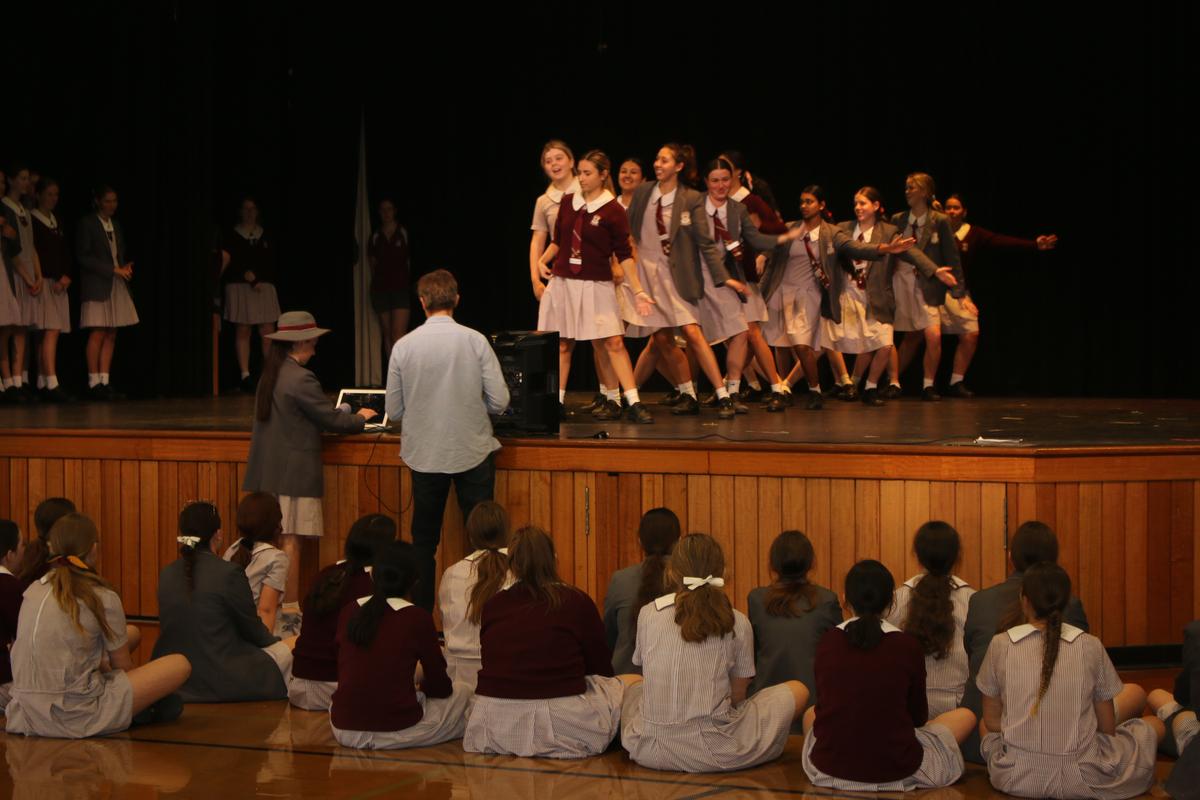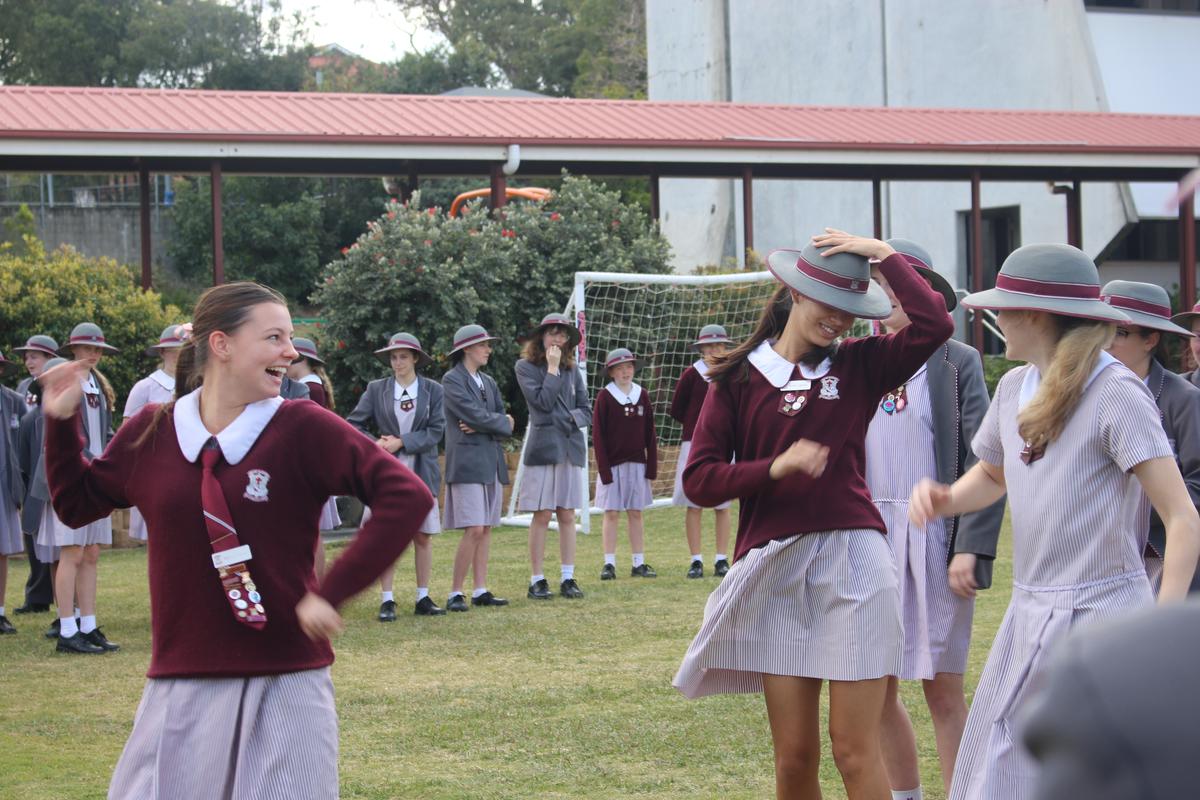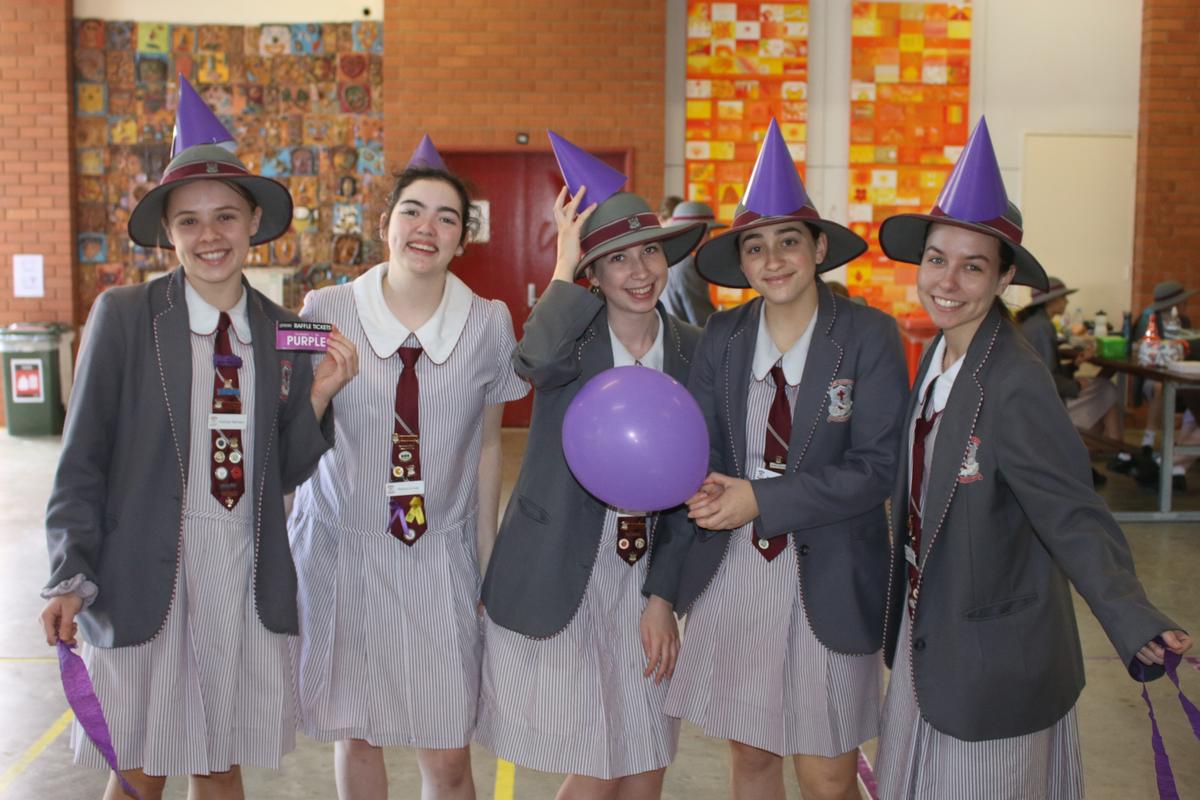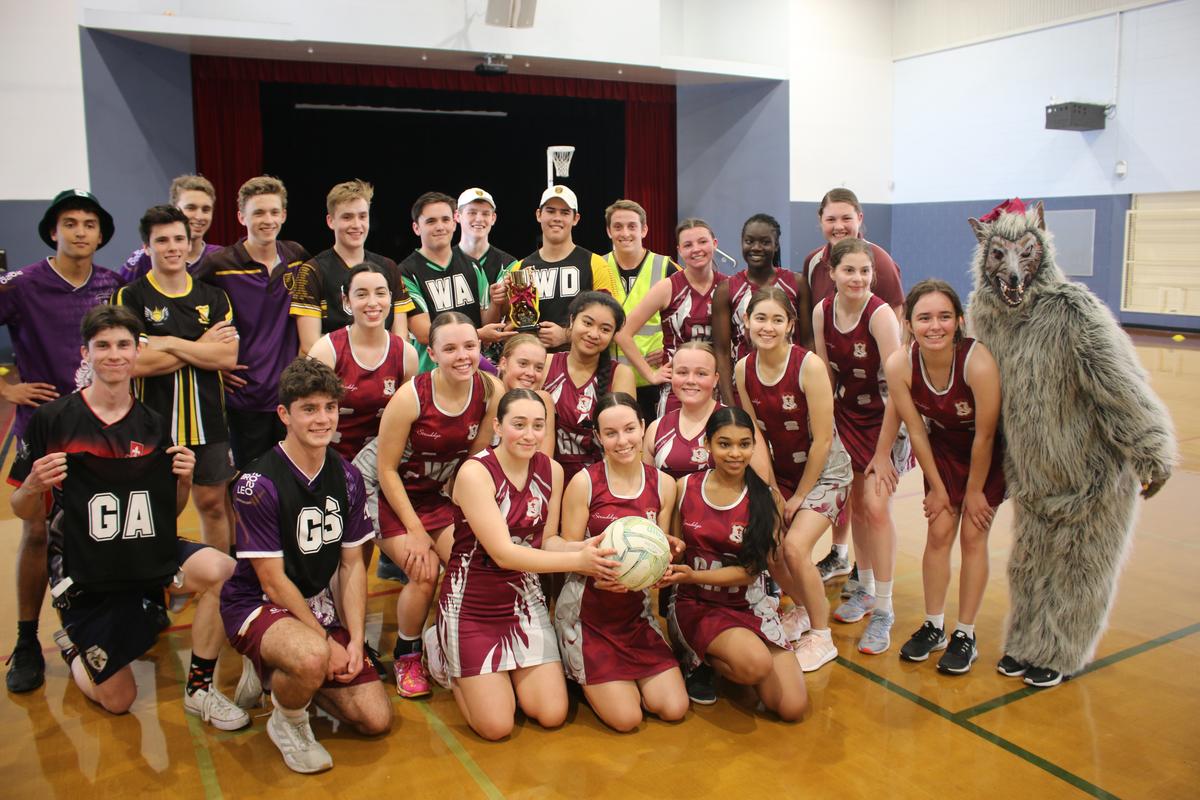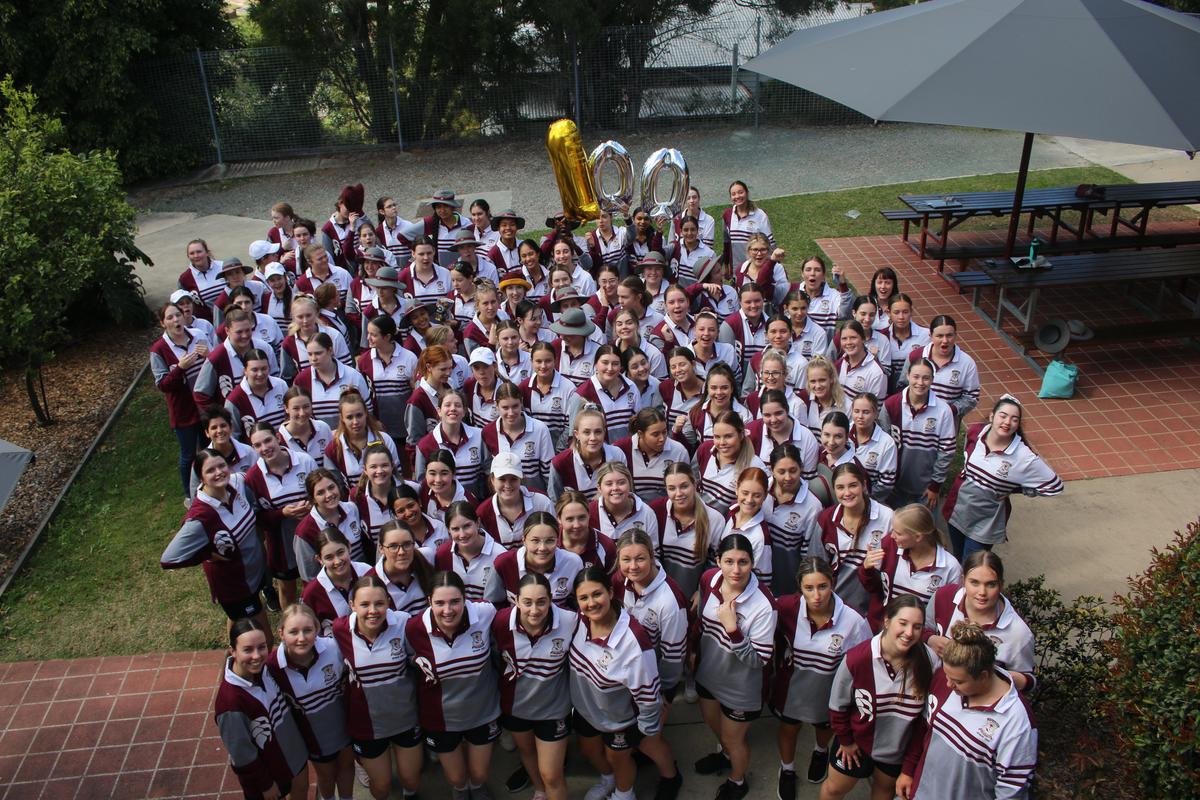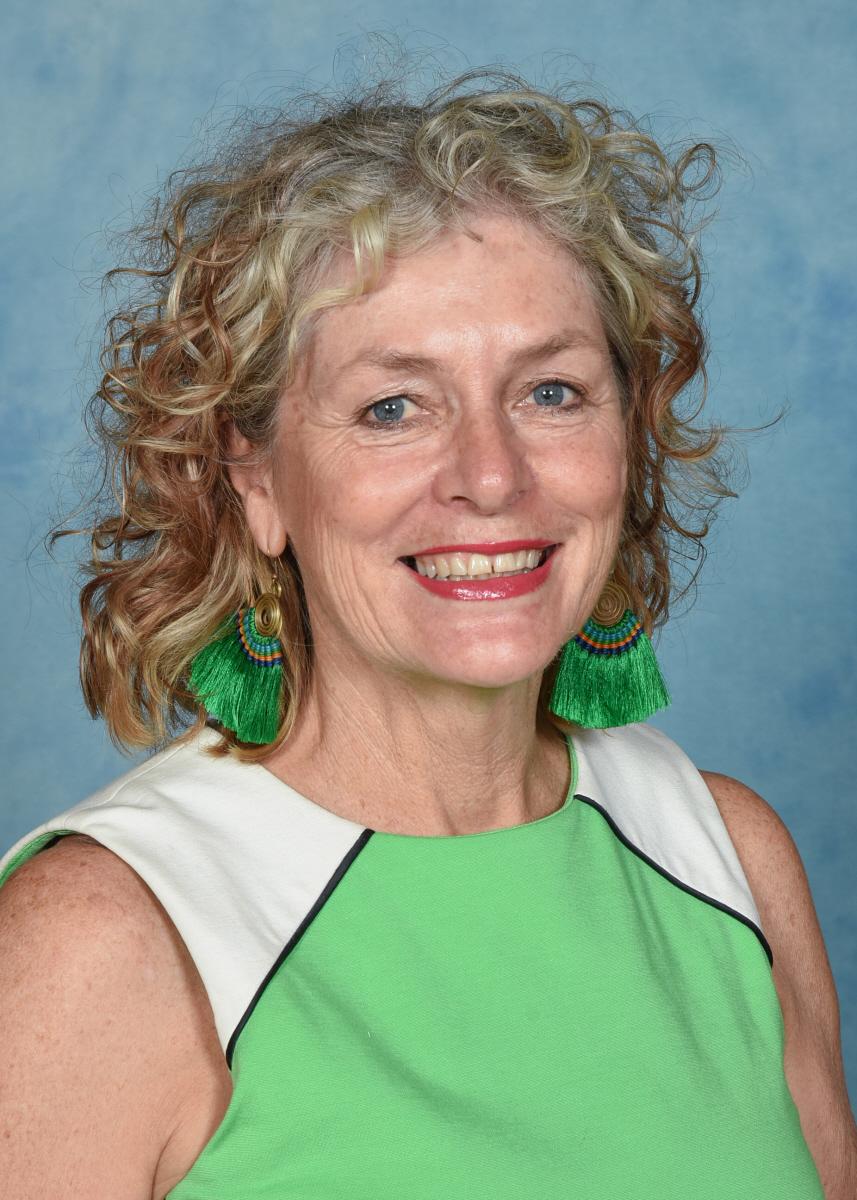Year 12 Pastoral Guardian
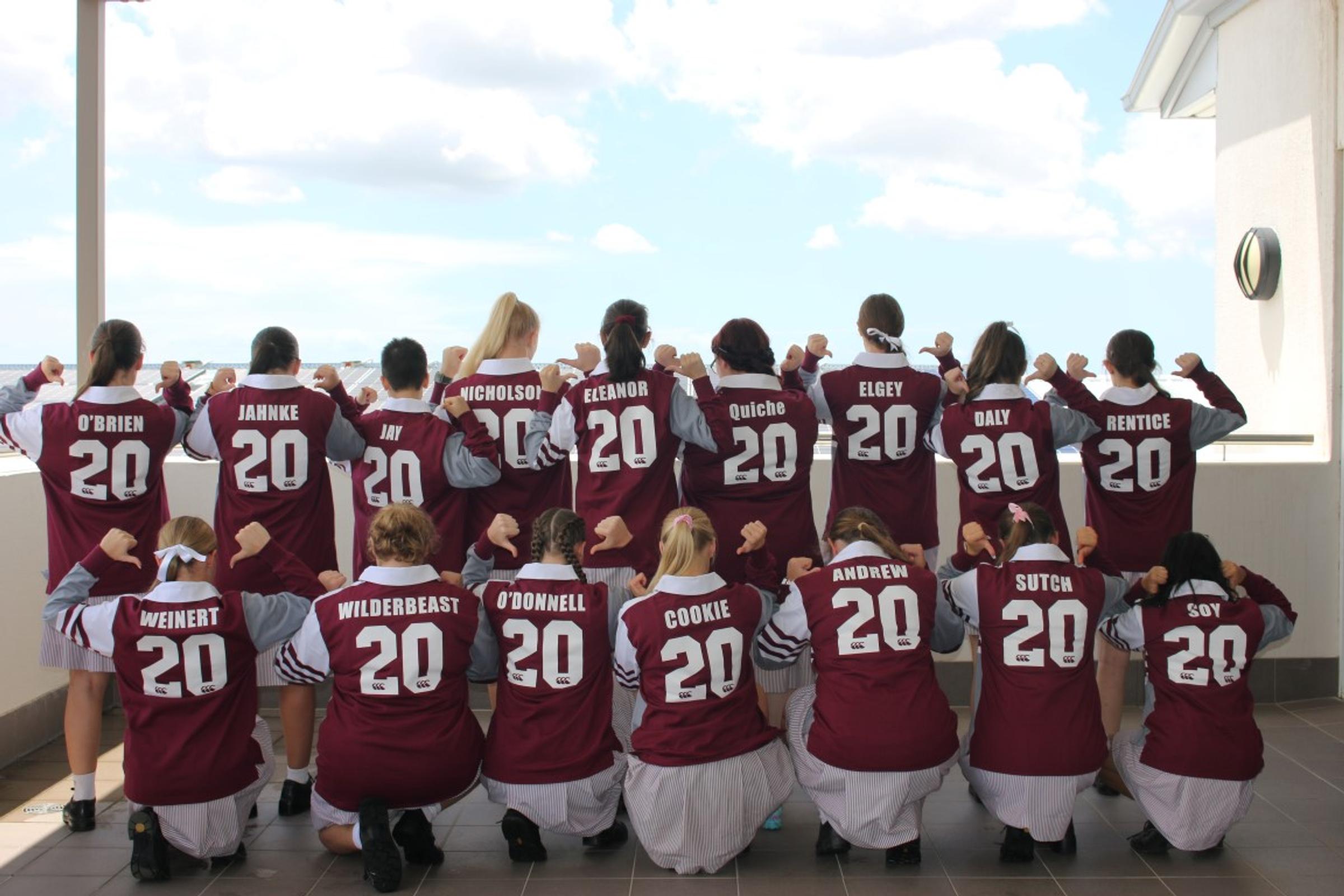
This Photo by Unknown Author is licensed under CC BY-SA-NC
Parents provide the lens through which children see the world. It is important to impart a view of the world that is going to be constructive. We live in a world where it is easy to say times are hard, life is tough so what does that convey to a young person … what’s the point of the future? … Relationships are important to have compassion, forgiveness and integrity and hope for the future.
(2020, Fuller)
Clinical psychologist Andrew Fuller’s brief video, What Can Families Do to Promote Resilience, provided a stimulus for my reflection, and related to our 2020 unique year for our Year 12s and, indeed, all of our students. In our college context, Andrew’s words reminded me of the importance for young people having adults in trusted relationships - in our case as teachers in pastoral care roles - providing a positive lens and a constructive world view. This seems more important than ever in these challenging COVID times where insecurity and uncertainty exist. With this climate of uncertainty in mind and the reality of our 12s gearing up for their new regime of consistent, practice tests for the external exams, I was curious to go to the source - the students - to ask how they were managing. A reflection last week from my Year 12s prompted my search on what we, as educators and parents, can do for our young adults in Year 12:
We believe that the mental health of the students is very important; teachers and parents should check in with us regularly to ensure that each student is doing their best and that they feel supported in their health and wellbeing through their final month of their high school journey.
Amy, Erin, Sophia, Emma, and Lauren
This honest comment has influenced me to stop more often in my Year 12 classes as students enter and leave to ask individuals how they are going. I have spent time with friendship groups in my lunchtime roving to ask: How are you going? How are you balancing life and study? What are you looking forward to in your future? What are some highlights of this very different year?
I have honestly been surprised by the students’ general positivity, despite 2020's challenges, increased support for one another on the same journey, feelings of being grateful for family and close friends, and an overall increased resilience to reach the finishing line together. We have reflected on the positives that we have shared as a year level and the anticipation of graduation, Pink Day, graduation video, graduation ceremony, and the much-anticipated final celebratory assembly tradition. There is hope and a future that is within reach, just like this time every year for 12s, but in 2020 with a strange twist that has tested us all.
I received two other interesting comments. The first was integrally related to the second: In relation to the value of EHS lessons scheduled into the timetable, the same students as the previous comment remarked that:
We really need more study time during school as our brain is pumping information all day.
I know that this comment stemmed from motivated, dedicated students aiming consistently for the rewards of their hard work. My concern was wellbeing. The second, in relation to this state of being, was a valuable, mature, wellbeing reflection:
The thing that we think we need THE MOST in Year 12 is a balanced routine with equal amounts of outside work, exercise, study, and social time : )
Makenzi, Teagan, Paige, Jessica, and Lily
With these seemingly contradictory comments - but one being a consequence of the other - I appreciated the total willingness every Year 12 PD group had afforded in the half-hour meditation sessions with me this term to totally open themselves to focus on closing eyes, slowing down breathing, and drifting into a state of total relaxation. At the end of sessions of visualisation and mindfulness exercises, the responses were: “I feel calmer than before, sleepy, exhausted, happy”. The value of taking time to give yourself time back was apparent to my students and me.
The 12s I spoke with reflected on enjoyable college initiatives in our unusual 2020 year that are providing a balance of social time and positive memories of their holistic education to take to their futures:
Privilege and motivation for Year 12s to arrive at Period 3 every second Friday to start the day calmly; having more university talks to give something to look forward to.
Mikaela, Meg, Ella, and Chloe
These activities include handball tournaments, whiteboard Pictionary challenges at lunchtimes, capturing photos and videos of their last months together as Year 12s for graduation, Crazy Sock Day, wearing their jerseys to contribute financially to our tradition of our senior cohort supporting the St Veronica’s Mission education for a Sri Lankan family, basketball games against Padua, wearing purple on Diversity Day, Cultural Festival house dance practices, heats and final celebration, and competing in sports teams and Cross Country again. So, while the students this year as Year 12s have certainly learned how to improve learning and retention - and of that they are proud - we also need to tap into what else they hold as important aspects of school life that they treasure in the oft overheard statement, “spending our final few months together”.
I would encourage all of us - educators and parents - to put on the brakes for a few moments and take the time to connect on a more personal level with our students and young adults - have some laughs, build yearbook and family memories, encourage self-reflection about the resilience they have found this year and, with our help, encourage every one of our graduating students to continue to grow a view of the world that is constructive.
I would like you to read a further positive article, by Dr Michael Carr-Gregg, on COVID and how Year 12s cope, that supports Andrew Fuller - COVID-19: Australia’s class of 2020 can (and will) overcome adversity
I have included some of the key points for you.
- Psychologists who work with young people often say that the right amount of stress can help get things done and should be seen as a normal part of life for any student.
- Students want to know that their teachers and parents are available to support them – not just academically, but also emotionally. As social restrictions loosen, a balance must be struck between academic workload and social life, particularly as students will be seeking to re-engage with friends they’ve missed during the lockdown.
- There are five key messages that should be on high rotation in Australian families and schools right now:
- If in life you can’t change something, change the way you think about it.
- The building blocks of wellbeing don't change post-coronavirus lockdown. A healthy diet, having at least eight hours of sleep, doing at least an hour of exercise, and maybe de-escalating the nervous system with yoga, mindfulness, or meditation are necessary for a healthy mind and body.
- Students learn from teachers. So parents should encourage students to keep the lines of communication with their educators open, especially in this catch-up phase between now and the school holidays. Students, teachers, and parents can work together to identify productive ways of coping, and reflecting on what’s worked well in the past (and what hasn’t). Most Year 12 students have built a solid repertoire of coping skills by now, which they should be encouraged to implement as necessary.
- Parents and teachers should monitor students for signs of distress, and be proactive with seeking further support from family GPs or school psychologists if required.
- Students should practise self-compassion, being proactive in asking for help, and being kind to themselves … Students should monitor their energy levels, adjust their outside school commitments accordingly, and remember that it won't feel like this forever.
I particularly enjoyed Dr Carr-Greg’s quote that, “COVID-19 has inserted a bookmark in the lives of Year 12 students. Some will recall the year positively; others will remember it as challenging. Everyone’s experience will differ, and collective assumptions about how students feel should be avoided, but surely all will remember these months as a significant time”.
Karen Farrow


